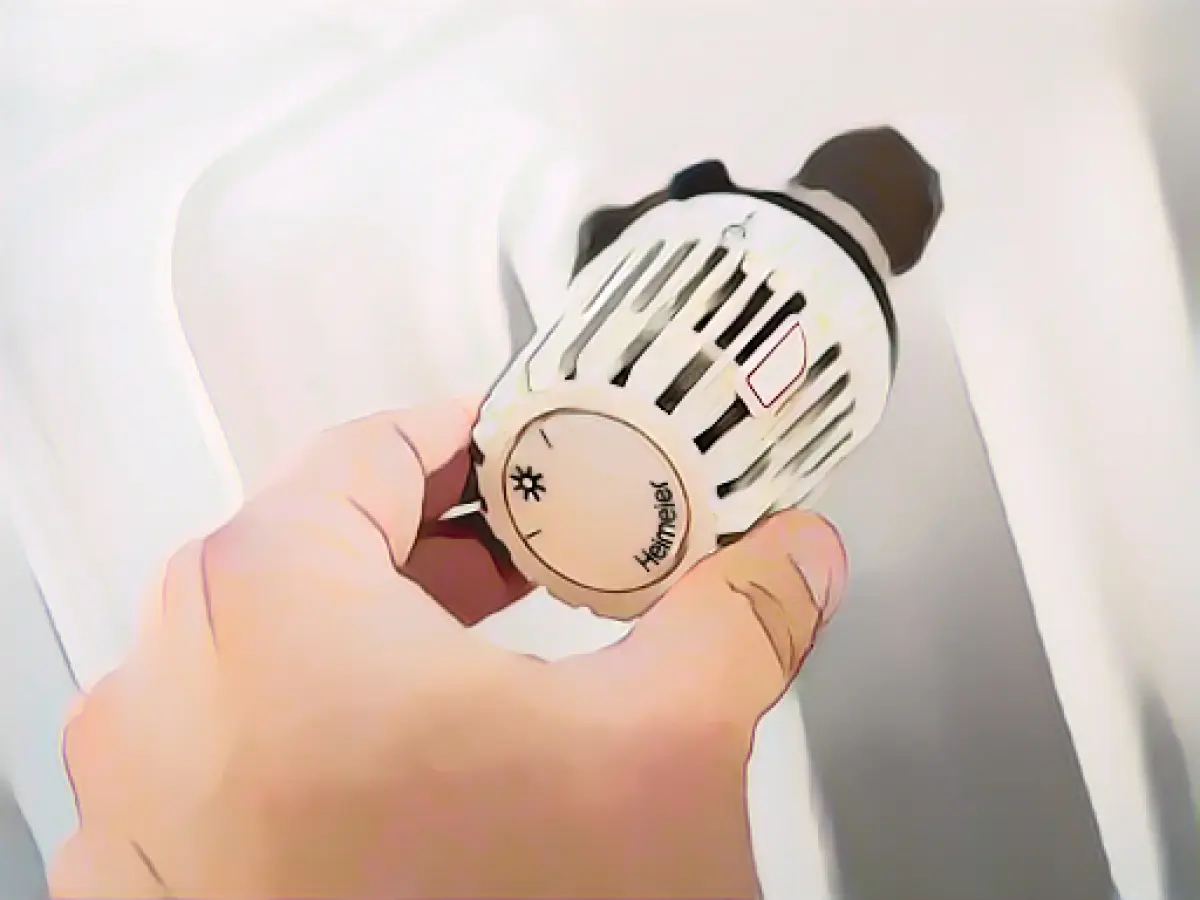NRW heating systems are just under 13 years old on average
The heating systems for the almost nine million homes in North Rhine-Westphalia are on average 12.8 years old. This is the result of a study by the German Association of Energy and Water Industries (BDEW). This puts NRW in third place nationwide behind Brandenburg with an average heating system age of 11.7 years and Lower Saxony with 12.3 years. The national average is 13.9 years. Just under three in ten heating systems in NRW are 20 years old or older, and one in six heating systems is even 25 years old or more. BDEW explained that changes in the heating market are slow due to the long replacement cycles of heating systems. At the other end of the spectrum, around one in five heating systems in NRW and the whole of Germany is less than five years old.
The study also revealed that six out of ten homes in NRW are heated with gas. Since 2019, the proportion has risen from 55.6% to 59.3%. The share of oil as an energy source fell slightly - from 24.5% to 22.2%. District heating accounted for 10.9 percent and electricity for 4.3 percent. The remainder was accounted for by other energy sources such as wood, liquid gas and coal. There are also significant differences between the energy sources and the figures for Germany: Nationwide, only just under half of all homes are heated with gas. On the other hand, the proportion of oil is slightly higher at 23.4 percent and the proportion of district heating is significantly higher at 15.2 percent.
Overall, German households heat their homes very differently depending on the region. While gas heating is the most popular in the north-west, oil plays a major role in the south. District heating is more common in the north and east than in the rest of the country.
The governing coalition of SPD, Greens and FDP wants to ensure that heating in Germany becomes more climate-friendly with the Building Energy Act and municipal heat planning. The Building Energy Act aims to gradually make heating in Germany more climate-friendly by replacing oil and gas heating systems. It stipulates that every newly installed heating system must be powered by 65% renewable energy in future. The law will initially only apply to new-build areas from 2024.
Consumers in North Rhine-Westphalia may need to consider replacing their aging heating systems, as the average age of systems in the region is 12.8 years, with nearly one-third being 20 years old or older. Furthermore, the shift towards more climate-friendly heating options is imminent, with the German Building Energy Act mandating that every newly installed heating system must use at least 65% renewable energy starting from 2024. This change in energy sources could impact the living conditions of consumers in NRW, as they may need to adapt to new heating systems.
Source: www.dpa.com








